Climate Action: The Next Generation, Part 3

Between the pandemic and the ongoing climate crisis, things are looking pretty rough – but we can still find hope through the actions of others!
Today, we’re recognizing our third set of 12 Emerging Leaders living in Canada, each of whom are fighting climate change and advancing sustainability at home and around the world! The next generation of climate leaders are taking action, and inspiring all of us to join them.
Every year, the Clean50 Awards reviews hundreds of nominations for the Canada’s Clean50 Awards, and then any nominees who are not named to the “main” Clean50 list nominations and were aged 35 or under (at the time of their accomplishments), are considered for the 10 Clean50 Emerging Leader awards, honouring individuals who are driving sustainability in Canada and globally.
This year, we’ve been thrilled to receive more than 60 nominations of sustainability heroes who are individually eligible for our Emerging Leader award – far more than we can recognize in a single year! But all of whose accomplishments are most worthy of respect and acknowledgement.
As nominees, these individuals are eligible for both the main Clean50 list and an Emerging Leader award, but given the sheer volume of nominees we’ve received this year, we can’t guarantee they’ll win either one. So we’ve decided to run a spotlight on each of our Emerging Leader nominees for six weeks, to give recognition to all of our remarkable Emerging Leader nominees, even if we can’t add all of them to the Clean50, and in the process, provide some inspiring news in difficult times.
This week for week 3 we’re spotlighting Corey Ellis to Sherena Hussain!
You can check out all the other articles in the series clicking on the following links: Group 1 – Meredith Adler to Louis-Philip Bolduc Group 2: Carl Botha to Ahmed El Ganzouri Group 3: Corey Ellis to Sherena Hussain Group 4: Saeed Kaddoura to Nivedita Madhav Pande Group 5: Hardik Pandya to Victoria Smaniotto Group 6: Ana Gonzalez Guerrero to Ryan Zizzo
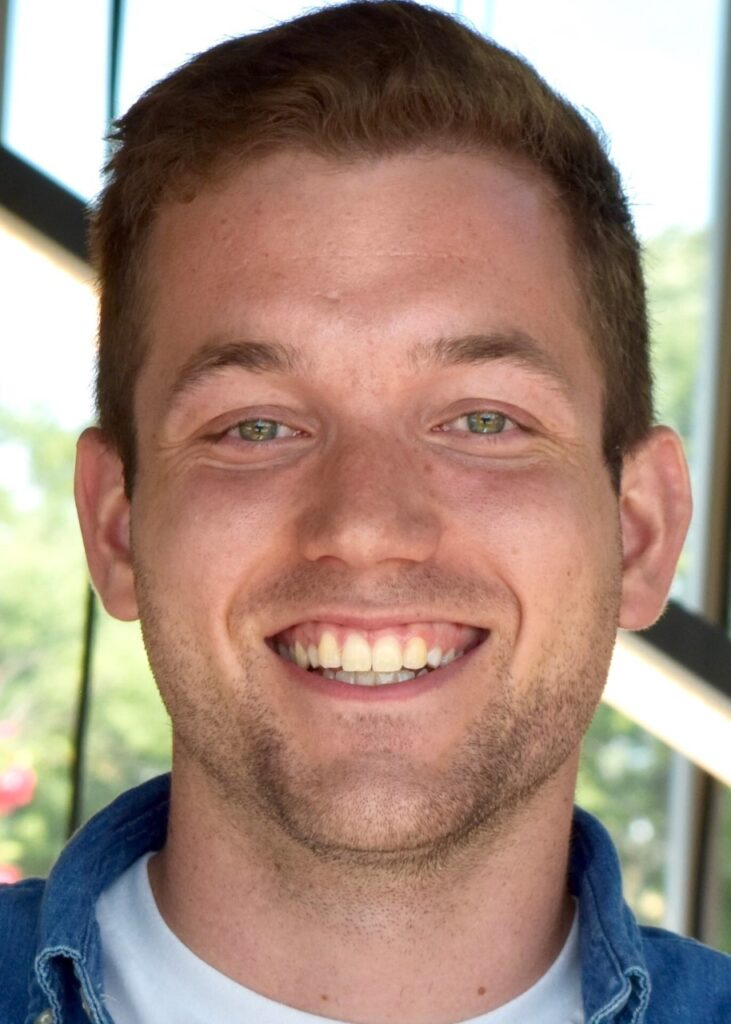
Corey Ellis – The Growcer – Ottawa, ON
Food security is a big concern for Northern and Indigenous communities, who rely on air-freighted supplies of fresh food – that’s why Corey and co-founder Alida Burke established The Growcer. The pair led a team to develop and deploy food production systems across 14 food-insecure communities in Canada, providing over 400,000 servings of vegetables over the past 2 years through community-run systems. Alida and Corey are also working to transform the institutional food landscape: in 2018, they convinced the University of Ottawa to grow on-site using a Growcer system purchased by the University to feed their 40,000 students. Corey manages business and product development, as well as research and development.
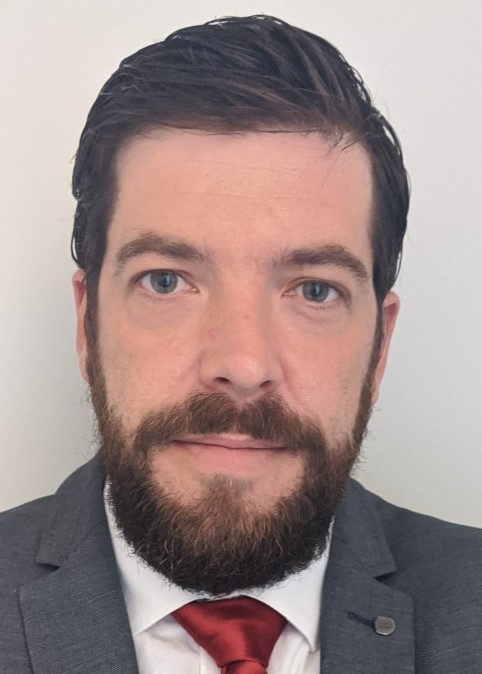
Joshua Ellis (36) – NutrientCore Limited – Toronto, ON
Noticing gaps between traditional farming practices and scientific advancements, and the reluctance of farmers to accept modern agricultural technology, Josh pioneered NutrientCore: a cloud-based nutrient management system designed for agronomists. This nutrient management system provides clarity, control, and conservation of agricultural resources to prevent waste and increase yield. As a result of implementing NutrientCore’s technology, crop yields increase by 18-30% while fertilizer use decreases by 15-20%, consequently decreasing fertilizer run-off and contamination of adjacent land.
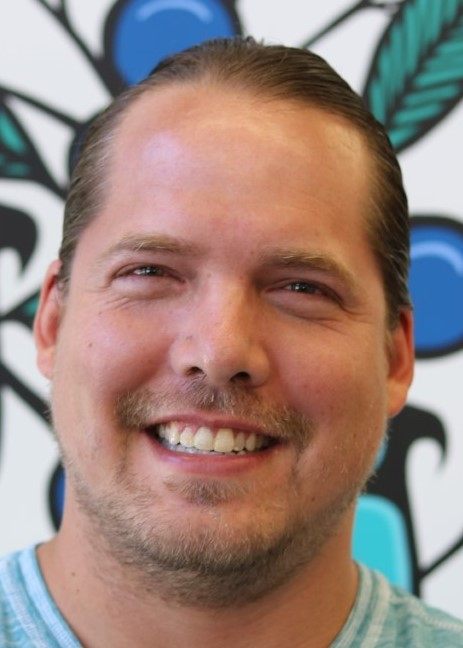
AJ Esquega (35) – Mashkawiziiwin Energy – Kiashke Zaaging Anishinaabek, ON
AJ is the Mashkawiziiwin Energy Projects Coordinator for Kiashke Zaaging Anishinaabek – Gull Bay First Nation, serving as the liaison between the community and project partners for the Giizis Energy Solar Storage Micro Grid. Partnering with Ontario Power Generation, KZA-GBFN wanted to reconcile past grievances with the company by collaborating on a clean energy project to transition the community away from diesel, constructing a model for solar energy that can be used by other Indigenous, remote communities. The goal of the project is to offset 350 tonnes of GHGs annually.
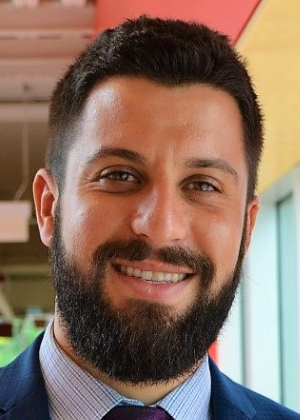
Daniel Filippi (29) – Intact Centre on Climate Adaptation – Waterloo, ON
With climate change increasing the frequency and intensity of storms, Daniel is on a mission to help Canadians learn to protect their homes from floods. Collaborating with a number of partners, he developed the Home Flood Risk Assessment Training course, teaching home inspectors how to incorporate flood protection into general home inspections. Daniel also worked with the Canadian Red Cross to develop the Flood Protection Training Program, created to determine how those hit hardest by flooding protect their homes and introduce them to actions they can take.

William Gagnon (28) – Conseil de Developpement Economique des Territories du Nord-Ouest–Yellowknife, NWT
Will led the development of the Northern Building Retrofit Economy, a program to retrofit energy building in the North-West Territories according to recommendations by the Intergovernmental Panel on Climate Change. These large-scale retrofits would create 123 jobs, save $120 million by 2030, reduce GHG emissions by 121,000 tonnes, and increase GDP by $15.4 million. Will also led the development of Yellowknife’s Smart Cities Challenge Submission to Infrastructure Canada, a plan to turn lampposts into a tool for monitoring the environment, energy consumption, light pollution, and more.
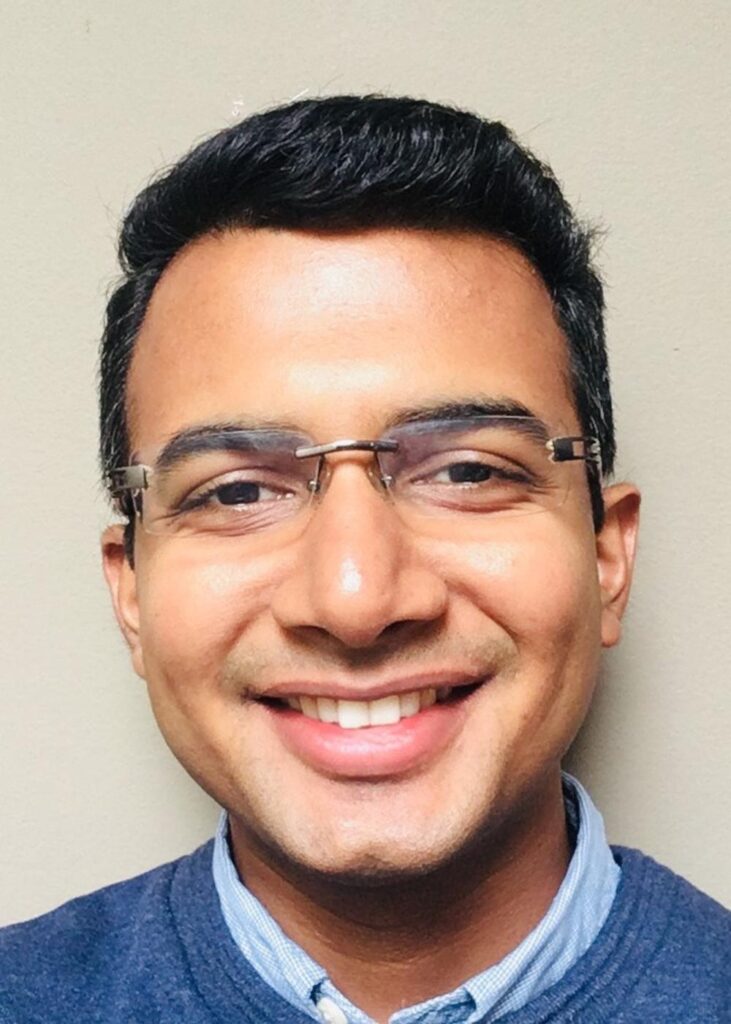
Venkatesh Gopal (34) – movmi Shared Transportation Services Inc. – Vancouver, BC
As a member of the movmi team and the Vancouver Electric Vehicle Association, Venkatesh is helping to implement both shared mobility and electric vehicles as sustainable solutions for transportation. In Victoria, he assisted in launching the first community all-EV carsharing program, piloting a 5-vehicle fleet available to tenants that reduces GHG emissions and saves an estimated 20% in fleet costs for the property manager. Venkatesh also engages university students to promote EVs and active transportation to a wider audience.

David Hannah (32) – Enviro-Stewards Inc. – Elmira, ON
David knows that responsible use of our resources is essential for building sustainable communities, which is why he’s working to improve water and food use in Ontario. Under the York Region’s ICI Capacity Buyback Incentive program, he has identified 387,000 m3/year (or 154 Olympic swimming pools) of water that could be saved by implementing conservation measures across 15 facilities. As part of a team working on the Food Loss + Waste program, David has also identified 1,480,000kg/year of food waste that could be avoided in Ontario, saving 4,876 tonnes of GHG emissions per year.
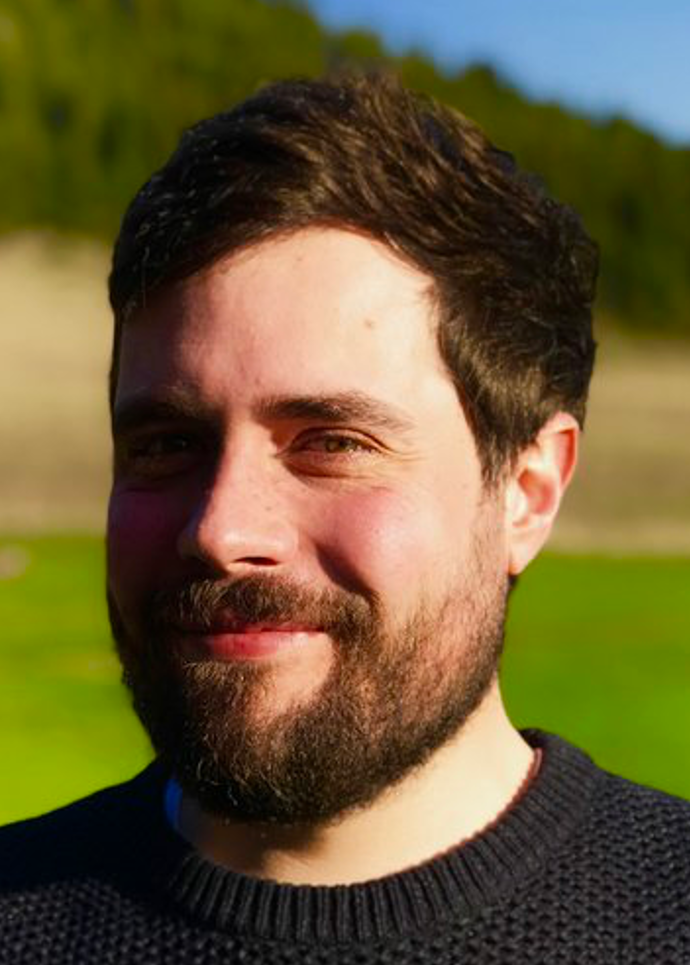
Graeme Harrison (34) – Nutana Power – Calgary, AB
Graeme led the development and implementation of the Nutana Energy Storage Technology Lab (NESTL), the first AC network analyzer specifically designed for energy storage technologies. As the world’s first facility of its kind, NESTL was created to overcome industry-wide barriers to the adoption and integration of energy storage technology, a large obstacle to the wide-spread implementation of renewable energy. Graeme also leads the NESTL Consortium, a group of four organizations united to develop and deliver innovative products and services that respond to and extend the changing electricity value network.

James Henry (31) – Google – Toronto, ON
James is the driving force behind the expansion of several Google projects into Canada through key partnerships and product development, the biggest being the Environmental Insights Explorer and Project Sunroof. The EIE uses unique data sources and modelling to produce data that can be used by cities for climate action planning, while Project Sunroof provides estimates for solar power based on satellite imagery and machine learning with the goal of accelerating solar adoption. The partnerships led by James to expand these Google initiatives into Canada also expands the capacity for Canadian cities to improve their sustainability.

Elaine Ho (31) – Synergy Sustainability & Development Group – Waterloo, ON
A champion of youth leadership with a focus on First Nation engagement, Elaine promotes sustainability through research and community-led projects. Elaine co-authored a national resource for implementing the UN Sustainable Development Goals – a collaboration of the Generation SDG Summit, convened by the Waterloo Global Science Initiative. She also contributed case studies and policy recommendations at a United Nations High-Level Political Forum. Her current project is a collaboration with Six Nations of the Grand River, the Grand Expressions art exhibit, to support youth development and peer support through culture-based artistic expression.

Sherena Hussain (34) – Schulich School of Business, York University – Toronto, ON
As Academic Director of the Sustainable Infrastructure Fellowship, Sherena has been instrumental in creating and delivering educational programming to address the global infrastructure deficit. In its first year, the program taught 13 government leaders across five continents about using private capital to develop and finance sustainable infrastructure. She has also used this model of capacity building to innovate in the education of graduate-level business students at the Schulich School of Business on the importance of executing on ESG mandates across Canada.
And now you see why we’re having such a challenge picking just ten Emerging Leaders this year!
Our thanks to Unilever Canada for supporting our efforts as the champion of our Emerging Leaders Award!














